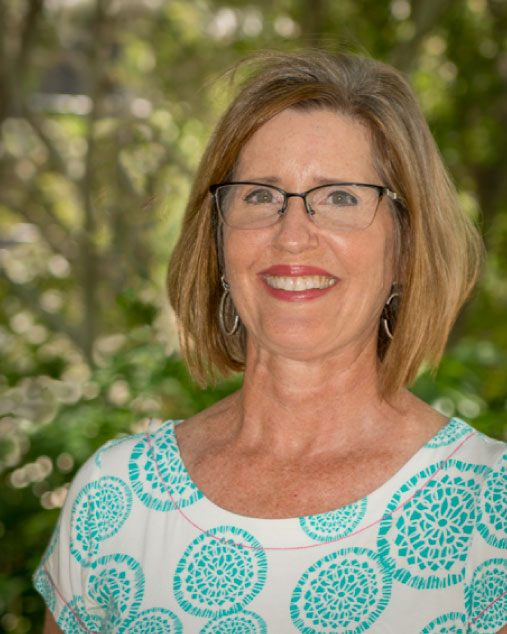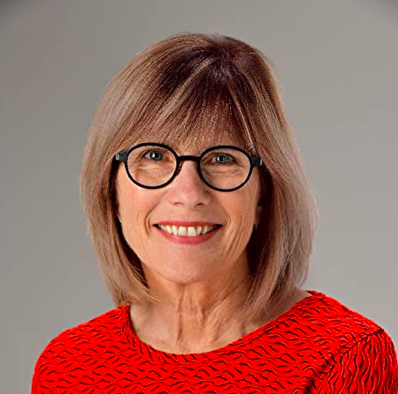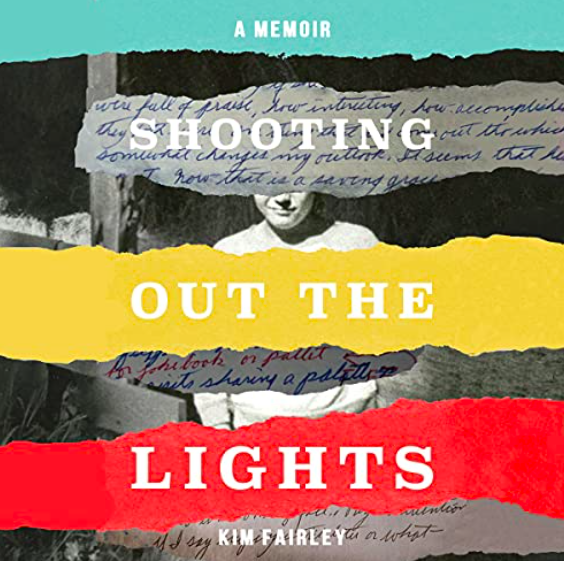An Interview with
Author Kim Fairley

Julie McGue
Author

Kim Fairley
Author

Indie author Kim Fairley’s new book about her thirty-two-year age gap marriage wrestles with secrets from the past.
“You were a preservationist, and I needed preserving,” Fairley’s husband liked to joke. He was thirty-two years older and struggling to cope with the tragic death of his son, Ben, who was fourteen.
Fairley writes about the impact of her husband’s grief in her new memoir, Shooting Out the Lights, a May-December love story that explores the ongoing, wrenching aftermath of gun violence and the healing that comes with confronting the past.
“. . . the author’s writing is evocative, and her story is both unique and intriguing. . . difficult to put down. A captivating family account that delivers compelling, acutely observant writing.” – Kirkus Reviews
Tell us more about your book.
Shooting Out the Lights is about the first year of marriage to my husband, Vern, when I was twenty-five and he was fifty-seven. He was the third-generation owner of a hardware business in the small town of Hillsboro, Ohio where he’d grown up. I was from the big city of Cincinnati and new to town. Much of the story is about talking. It’s about dealing with the massive grief of loved ones when they aren’t willing to talk.
When did you start writing the book?
I started the book about twelve years ago when my children were in their twenties and asking a lot of questions about their father who had died when they were two and four.
How long did it take you to write it?
Well, I took a circuitous route. When I started, I was using a lot of flashbacks from my childhood. My writing group suggested that I set the story aside and focus on my family story first, which at the time seemed more interesting to them. I ended up switching back and forth from Shooting Out the Lights to my memoir about competitive swimming, which I’m calling Swimming for my Life. It took twelve years to write both books. And at the moment I’m still putting the finishing touches on my swimming book, which will be out in the fall of 2022.
Where did you get the idea for the title?
There is an essay by Don Marquis from the 1920s that’s called The Almost Perfect State, where Marquis wrote about what he anticipated in his old age. He says, “. . . we shall not walk at all, but recline in a wheel chair and bellow for alcoholic beverages . . . strapped to one arm of our chair will be a forty-five-calibre revolver, and we shall shoot out the lights when we want to go to sleep.” It ends with “We shall … but we don’t wish to make any one envious of the good time that is coming to us … We look forward to a disreputable, vigorous, unhonoured, and disorderly old age.”
Of course, the essay is tongue in cheek, but Vern identified with that sentiment. Whenever I urged him to talk about anything close to his heart, he would remind me to reread the Marquis essay. Shooting Out the Lights seemed fitting as a title because I came to realize that Vern was doing his own version of “shooting out the lights.”
Were there any parts of the book where you struggled?
There is a pig roast in the story where something terrible happened. It played a part in the story because it was important in how I saw the town of Hillsboro at the time. Two editors questioned whether the pig roast belonged in the story. I trusted my gut and realized it wasn’t that it needed to be cut. Instead, it needed to be expanded so the context would be understood. Once I added more detail, the relevance of the event to the story became clear.
What came easily?
It was easy for me to be open in my story because I grew up in a family where everything was discussed. My father was open about his affair, for instance, and repeated the details so many times, I felt like I’d been there myself. He would interrogate me after dates, and share details of my personal life with his friends and customers. As a result, I grew up with very few well-defined boundaries.
So, when I married my husband, who was older than my parents, I discovered there were certain subjects that he considered taboo. To him, money, sex, and any deaths in the family were totally off limits. There were other things he didn’t like to talk about, too, for instance bodily functions. Since we were so different in our openness, it was easy and rather enjoyable recalling some of those awkward moments when he was unwilling to talk and I needed answers.
Have you used real names for your characters?
Yes, all of my characters have their real names. I intended to change some of them, but when I finished the book, changing the names didn’t seem necessary.
Do you have a writing process? If so, can you please describe it?
I start with the story as if I am telling someone who is sitting in front of me. Then I take what I’ve written to my writing group, whose opinions I trust, and get their feedback. They’re all knowledgeable and experienced writers. Armed with their feedback, I write and rewrite, write and rewrite. I work to fill in the holes in the story. At some point, I am ready for a developmental editor who reads the book from start to finish and provides feedback. Then it’s back to the writing desk again to incorporate those suggestions. Finally, I work with a copyeditor who makes small line edits for readability and my book is ready to go.
We all know how important it is for writers to read. Are there any particular authors that have influenced how you write and, if so, how have they influenced you?
My top three favorite memoir picks are Educated by Tara Westover, Autobiography of a Face by Lucy Grealy and When Breath Becomes Air by Paul Kalanithi. I loved the detailed description and felt I knew the authors by the time I finished their memoirs. I’m also a big fan of Chanel Miller who wrote Know My Name and seemed fearless in her honesty. Some of my favorite memoirs are by Natasha Trethewey, Vivian Gornick, Dani Shapiro, Cheryl Strayed, Patricia Hampl, Ann Lamott, JR Moehringer and Lidia Yuknavitch because they’ve mastered the reflective voice. They tell us more than this happened and then this happened, and then this happened. Their stories are deep dives into the “Why?” of what they experienced.
What would you like readers to know about you?
When I was nineteen, I became one of the first women in LA County’s history to serve as an ocean lifeguard! My photo with three other women is on page 100 of Los Angeles County Lifeguards by Arthur C. Verge. Looking back on my life, I’ve realized in many ways, I’ve always been a kind of lifeguard, constantly vigilant, looking out to avoid danger.
Shooting Out The Lights is available wherever books are sold.
Follow Kim Fairley at www.kimfairley.com
“It was easy for me to be open in my story because I grew up in a family where everything was discussed.“
Don’t miss a blog post!
Receive my blog posts directly to your inbox.



Fascinating interview! I’m eager to read Kim Fairley’s book.
It’s interesting how the two men in your life, your father and your husband, could view what’s acceptable subject matter so differently. In your case, you can’t say it’s a generation thing, either.
It’s a credit to your writing skills that you were able to figure out what was missing from the pig roast story.
Can’t wait to read Shooting Out the Lights